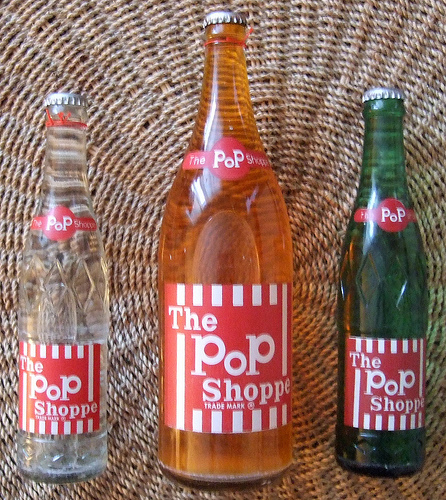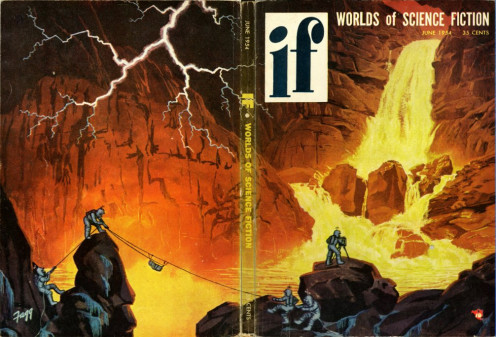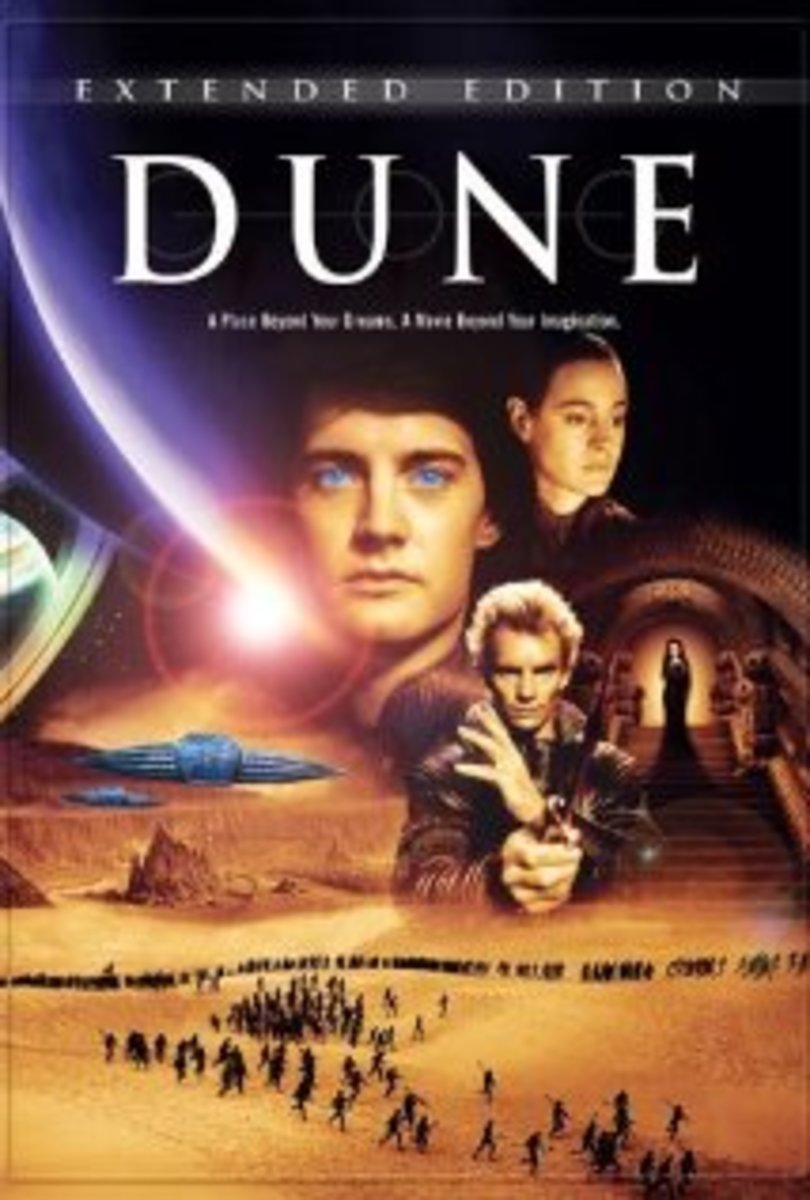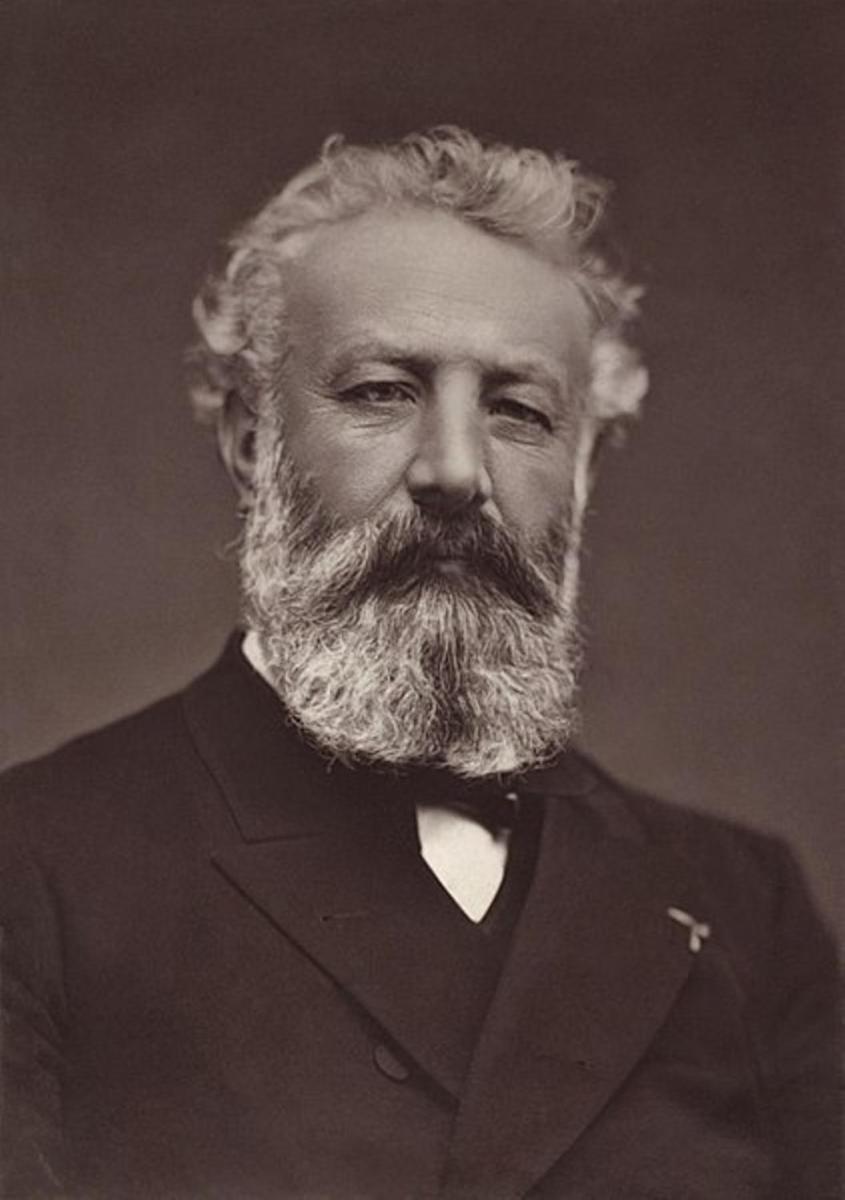- HubPages»
- Books, Literature, and Writing»
- Books & Novels»
- Fiction»
- Science Fiction & Fantasy Books
Science Fiction Author Frederik Pohl's Impact on the World

Timeless Stories of Addictions to Food and Drink
Writer, editor, agent and environmentalist Fred Pohl's anti-utopia 1950s novel Space Merchants is compelling even decades later. The story line is so applicable to the 2010s that the novel is set for updating with modern brand names in its story line to keep the attention of modern readers.
A main theme of the novel is the purposeful addiction of society to three substances marketed by Wall Street-type ad agencies.
The first addictive consumable is a snack called Crunchies. Withdrawal from this food creates cravings for Popsie drinks, whose withdrawal symptoms cause the user to chase down Starr Cigarettes. The smokes cause even more magnificent withdrawal cravings for Crunchies once again and the cycle escalates.
Crunchies: An Addictive Food
Click thumbnail to view full-size



The Science Fiction Convention Movement
Frederick Pohl (1919 – 2013) was in on it in the beginning: Science Fiction Conventions. The first was in the Philadelphia of 1936 and called … nothing. It was a gathering of four people from Philly and five from New York City in the midst of The Great Depression. They had a good time.
Other futurist luminaries attended the 1936 event, many of whom adopted the name Futurians by 1937. As Leonard Nimoy’s Spock said in Star Trek: The Voyage Home, “Ah, the giants.” These men were David Kyle, Robert Madle, John Michel, Fred Pohl, Milton Rothman, William Sykora (whom the group left behind to another club by the time of WorldCon I in 1939), Ossie Train, and Don Woolheim.
As with most endeavors, politics groups and regrouped the original numbers of the 1936 science fiction meeting into different clubs by 1940. The leadership (incuding William Sykora) of WordCon I even barred some of the Futurians from attending their event, based on political beliefs. Fred Pohl attended both WorldCon I (Nycon I) and an anti-WorldCon convention put on by the Futurians.
Pohl Was A Prolific Magazine Editor
The magazines that Fred Pohl edited include:
- Astonishing Stories,
- Galaxy,
- If, and
- Super Science Stories, as well as
- Sat Science Fiction anthologies.
Pohl introduced readers to James Blish and Larry Niven in their short stories and several more authors in novels.
David Pakman on Youtube Recommends "The Space Merechants"
Frederik Pohl was the only individual ever to be awarded the Hugo Award in the three categories of Editor, Author and Fan Writer (for his blog begun at age 89: The Way the Future Blogs).
Over 70 Years of Conventions
I met Frederik Pohl in the early 2000s at a science fiction event. He was set up at a folding table on a mezzanine at a large downtown hotel, selling autographs that he wrote across 8 x 10 glossies of himself in cameo performances in the original Star Trek series. Speaking with him was worth more than any autograph he provided. Had his appearance received the promotion it deserved, then more people would have been speaking with him.
I blame the event organizers, who have nearly killed the annual extravaganza by losing big-name MCs, speakers, and performers, and by changing the month of the event during several years in a row. The underlying problem may be one of disorganization and the propensity to drink excessively instead of to organize. A once awesome and well-attended gathering became smaller every year. However, the nation and world host better science fiction conventions and the crowds are migrating in their directions, following the talent. Pohl was such a talent to his last day on September 2, 2013 -- He posted a blog entry about WorldCon 2013 before he went to the hospital with respiratory distress.
We may look at a rather bent, quiet, heretofore-unrecognized senior citizen sitting alone at a table and wonder what he or she ever accomplished. We should not do that, but rather speak with that individual, who is still a person even at age 80, 90, or 100. The science fiction sponsors could have at least posted signage to let people know who he was, especially since he was one of the strongest founders of the science fiction convention concept and related fandom.

The Way the Future Was
Pohl had an eager sense of humor, claiming that no one else could handle so many important authors and their works as an editor and literary agent and still manage to go broke.
He confronted financial setbacks several times, but always survived. His four children survived, because he ensured that they did so. However, he was married five separate times. His fourth wife helped raise her own three children with him and one from his third, short marriage.
Pohl published his autobiography, The Way the Future Was, in 1978 and a few years before the end of his fourth marriage. He wrote in the last chapters about his habits of eating and drinking too much, smoking, and failing to exercise.
He felt livelier when he had those things under control, but he had become bored. He had been disappointed after an exciting science-fiction related trip to Japan to find that even Hawaii had become a bore.
One quote from his book, on page 290, is appropriate: “Reality is a terrible annoyance to a novelist.” He went on to say that he could not make his life fit the story he wanted to live.
When I met the author, I felt that he looked pale and acted depressed. I do not know if he was feeling low, but I do know that the organizers of the event at which he participated did not do much to showcase his current and past work.
The Futurians, 1937 - 1945
The Futurians were a Depression-Era New York science fiction fan club, the origins of which are described differently in two or three versions of members’ memories.
Mr. Pohl recalls that he and three friends were in the Brooklyn Science Fiction League and formed their own club as their friendship expanded (The Way the Future Was, Pohl, 1978. Del Rey Books).
Pohl eventually represented most of the writers listed below (and many others, like Fritz Leiber) as their agent, or published their works in one of the magazines of which he was editor. These authors influenced millions of readers worldwide, many of whom became scientists.
Starting out with about four or five members, the list of Futurians ended by including at least all of these, as remembered by Frederik Pohl and Jack Robins in the following list.
- Isaac Asimov, PhD
- James Blish
- Doris Baumgardt (Mrs. Frederik Pohl from 1940 – 1944)
- Chester Cohen
- Jack Gillespie
- Virginia Kidd
- Damon Knight
- Cyril A. Kornbuth
- Mary Byers Kornbluth
- Wlater Kubilius
- David A. Kyle
- Herbert Leventman
- Robert A.W. Lowndes
- Judith Meril (Mrs. Frederik Pohl (1948 – 1952)
- John Michel
- Jack Robins, PhD (Jack Rubinson) – Wrote one piece, a play called The Ivory Tower, about the Futurians and their work.
- Dick Wilson
- Elise Balter (also known as Elsie Wollheim
- Don Wollheim
- Richard Wylie
- Rosalind Cohen Wylie
Futurians Today
These people were great friends and Kornbluth, Lowndes, Michel, and Wollheim shared an apartment together. Those still alive continue to attend science fiction conventions like Lunacon in Rye Brook, New York: New York’s Oldest Science Fiction and Fantasy Convention. Survivors at this writing are Jack Robins and David A. Kyle (three noels licensed in the Lensmen series).
Many writers from the Golden Age of Science Fiction died in 2013 and these included A.C. Crispin, Ray Harryhausen, Richard Matheson, and Jack Vance. I am sorry that I never met any of them.
Sources
- AAAS Home | American Association for the Advancement of Science
- Bova, B., ed. Science Fiction Hall of Fame, Volume Two; 1973.
- Gunn, James. Center for the Study of Science Fiction
- Inglish, P. Visits to Science Fiction Museum and Hall of Fame in Seattle, Washington in 2001, 2002.
- Pohl. F. The Way the Future Was, 1978
- Silverberg, R., ed. Science Fiction Hall of Fame, Volume One; 1972.
© 2014 Patty Inglish MS










